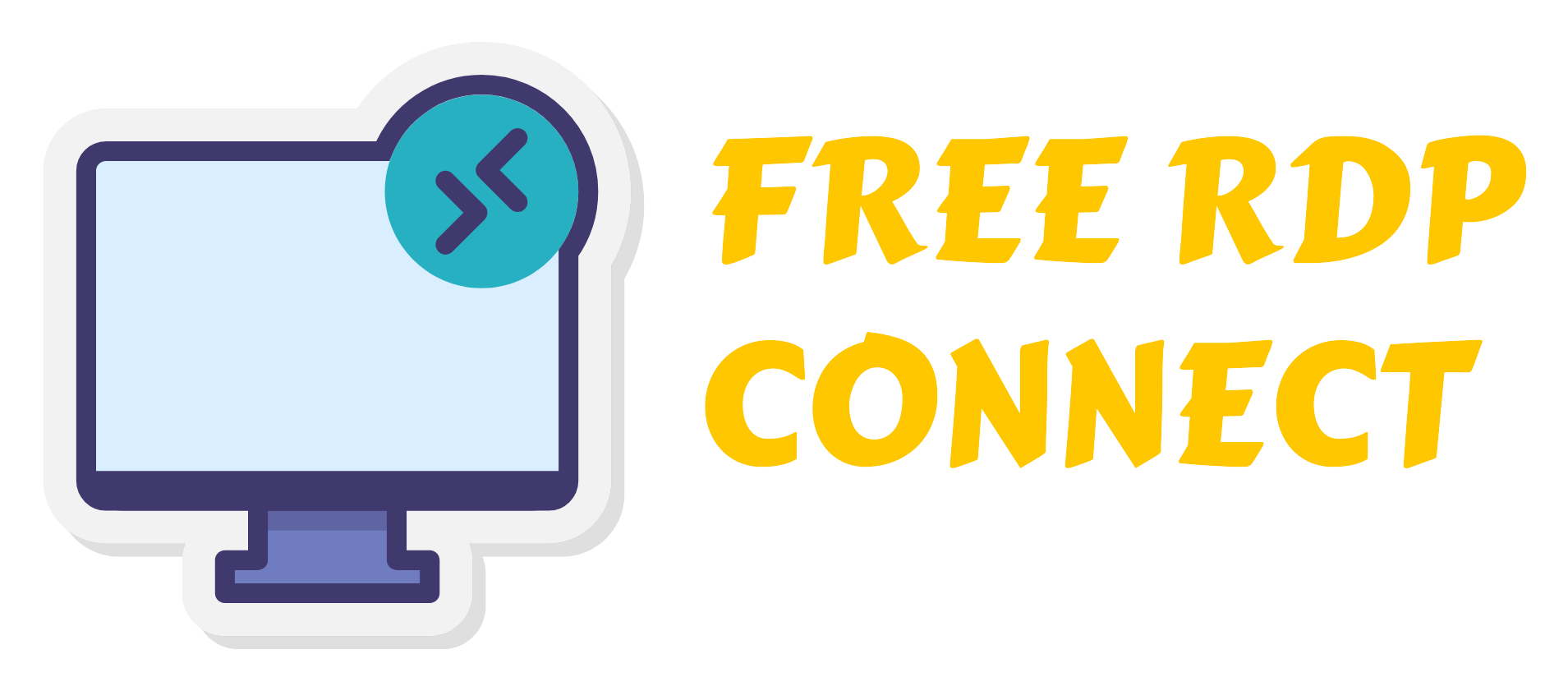
Cryptocurrencies are the first images that pop into people’s minds when blockchain is mentioned. However, blockchain does extend way beyond digital currencies like Bitcoin and Ethereum. Basically, blockchain is a decentralized, safe, and open ledger of transactions stored on many computers. Its unique nature makes it an effective solution with various application areas in many industries, hence scaling up innovation and efficiency therein.
This blog discusses some of the real-life applications regarding the use of blockchain technology, demonstrating how it is restructuring other industries like healthcare, supply chain, finances, and many others.

Table of Content
Understanding Blockchain Technology
Before jumping to the applications, it is essential to get that blockchain is and why it matters. Blockchain represents a distributed ledger that allows secure, immutable, and transparent recording of transactions. Each block on the chain has a record of transactions, timestamp, and a cryptographic hash of the previous block, which provides secure linking between all of them.
Some of the characteristics of blockchain are:
Decentralization: A blockchain is operated on a peer-to-peer basis over the Internet and managed by all the entities involved in the supply chain. Consequently, tampering and failures affecting traditional unitary databases do not happen anymore.
Transparency: All participants in the network conduct data activities relying on the same information, ensuring accountability and trust.
Immutability: Once data is recorded onto the blockchain, it cannot be deleted or altered.
Security: Blockchain safely secures data and transactions through advanced cryptographic techniques.
These traits do make blockchain a disruptive technology for all industries that value efficiency, security, and transparency.
Real-World Applications of Blockchain

1. Supply Chain Management
Supply chain management is evolving by blockchain through increased transparency and traceability. Traditional supply systems suffer problems related to fraud, inefficiencies, and lack of visibility. The blockchain helps in overcoming those problems by preparing a tamper-proof record for each step taken in the supply chain.
Traceability: Companies can monitor products all the way from their point of origin to the end consumer. For example, a food producer monitors in real-time for any contaminated products reaching the market. In such a way, risks are reduced and safety is ensured.
Transparency: Because of blockchain, all parties in the transaction access the same information. This transparency builds trust among suppliers, manufacturers, and consumers.
Efficiency: Smart contracts-the self-executing contracts incorporated in the blockchain-automate processes, reduce paperwork, and enable faster transactions.
2. Healthcare
The healthcare industry also involves the handling of huge amounts of confidential data, where security and access are critical. Blockchain provides a secure and efficient means to manage electronic records, drug supplies, and research data.
Patient Data Management: Blockchain facilitates secure storage and sharing of patient data so that data will not be altered or destroyed except by an authorized party.
Drug Traceability: Counterfeit drugs pose a serious problem. From the drugs’ production to their sale at pharmacies, the blockchain will provide proof of the authenticity of the products.
Clinical Trials: Blockchain can enable researchers to store and verify clinical trials data, improving transparency and preventing alteration of data in clinical trials.
3. Finance and Banking
While finance is where this concept began, its functions spread beyond cryptocurrencies. Blockchain allows banks and financial institutions to make changes in operation, cut expenses, and improve security.
Cross-Border Payments: Traditional cross-border transactions are slow and expensive. With blockchain, such payment is accomplished almost instantaneously with less charge incurred.
Fraud Prevention: Thanks to its immutability, blockchain makes the chances of fraudsters tampering transaction records nearly impossible, increasing security.
Smart Contracts: Financial agreements such as loans and insurance claims could work overtime thanks to smart contracts with considerably decreased administrative burden.
4. Real Estate
The real estate business involves complex transactions, legal documentation, and intermediaries. But blockchain paves the way for easier operations and transaction, enabling ease in property selling, buying, and property management.
Property Transactions: Blockchain provides a clear and unforgeable record of property ownership which in turn lessens disputes and frauds.
Tokenization: Real estate assets can be tokenized on the blockchain, thus allowing fractional ownership and increasing market liquidity.
Smart Contracts: Automated contracts simplify processes like renting, leasing, and transferring of property.
5. Voting Systems
The integrity of elections is a global problem, and blockchain can probably secure a transparent and tamperproof voting system.
Security: The blockchain ensures that votes are counted accurately and cannot be changed.
Transparency: Voters can verify their votes while remaining anonymous.
Accessibility: Blockchain voting systems allow for remote voting, which helps increase voter turnout.
6. Energy Sector
More recently, blockchain was unveiled to boost innovation in the energy sector through peer-to-peer energy trading, grid optimization, and renewable energy propagation.
Energy Trading: Homes with solar panels using blockchain-powered platforms can sell their excess energy directly to their neighbors.
Grid Optimization: Blockchain ensures real-time information regarding energy consumption and distribution.
Renewable Energy Certificates: Blockchain ensures that the certificates are authentic and transparent, which can also allow trusting renewable energy markets.
7. Intellectual Property and Digital Rights
Blockchain provides a robust form of protection for intellectual property and managing digital rights.
Copyright Protection: The creators of materials may register their works to blockchain, thus proving ownership of such works and preventing unauthorized utilization.
Royalty Distribution: Smart contracts automate payments to creators. This prevents the practice from losing value.
Authenticity Verification: Blockchain helps verify the realness of the digital work, combating piracy and counterfeiting.
Challenges and Limitations of Blockchain
Blockchain is accepted and provides proven advantages, but it faces challenges:
Scalability: Blockchain networks deal with delays and costly transaction fees as new users join.
Energy Consumption: Some blockchain systems, such as bitcoin, consume considerable energy and threaten the sustainability of the environment.
Regulatory Uncertainty: Unclear regulation surrounding blockchain may turn to block its adoption.
Integration Difficulties: The implementation of blockchain requires heavy investment to bring existing systems and processes up to speed.
Nevertheless, ongoing research and development are addressing these limitations, leading towards wider adoption.
The Future of Blockchain

Blockchain is still at an early stage, yet it shows great potential. More industries are looking for ways to apply it, and several trends are taking shape:
Interoperability: Future blockchains will provide seamless communication between different networks, giving a more connected ecosystem.
Sustainability: Innovations such as proof-of-stake (PoS) and environmentally friendly alternatives to consensus techniques intend to minimize blockchain’s effect on nature.
Massive Adoption: Blockchain is now considered viable by more and more governments and corporations, leading to its formal integration into everyday processes.
DeFi: The emerging decentralized finance (DeFi) platforms are completely changing traditional financial service delivery by providing fully decentralized lending, borrowing, and trading opportunities.
Conclusion
Blockchain is no longer a subsection of cryptocurrencies. Its decentralization, transparency, and security are innovating industries worldwide. From supply chain management and healthcare to real estate and voting systems, Bitcoin is ushering in innovation and opportunities.
As the technology evolves, so too must its use; trust and efficiency will become essential aspects of any transaction through its growing adoption. Blockchain is not merely a technology-it’s a revolution that redefines the way we live and work.


Leave a Reply